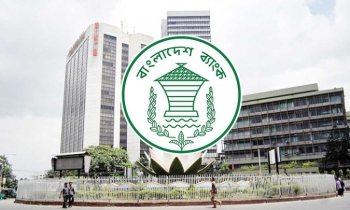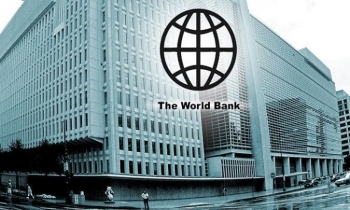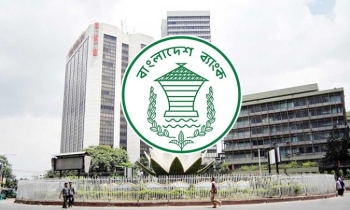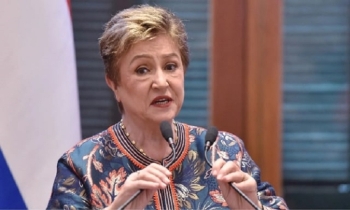BB relaxes forex rules to woo non-resident Bangladeshis
BI Report || BusinessInsider
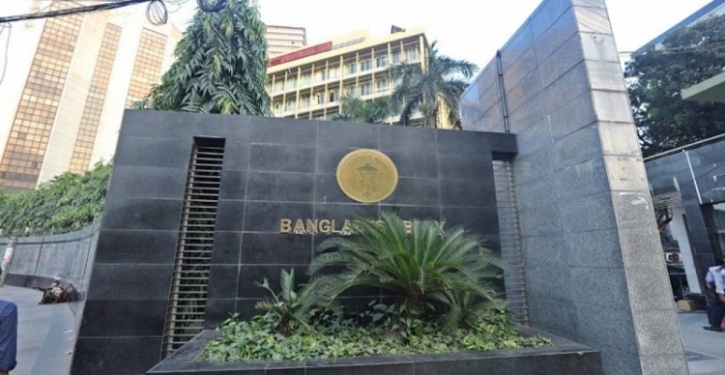
Bangladesh Bank headquarters in Dhaka. Photo: File
Bangladesh Bank (BB) has relaxed rules in the foreign exchange transactions guidelines to bring in more deposits from non-resident Bangladesh nationals and persons of Bangladesh origin including those having dual nationality and ordinarily residing abroad.
Earlier, this group of people may maintain interest-bearing time deposit accounts named “Non-Resident Foreign Currency Deposit (NFCD) Account” with the authorized dealer (AD) banks.
“It has been decided to temporarily permit ADs to raise fresh deposits under NFCD accounts without reference to the above-mentioned regulations on the interest rate,” BB said in a circular issued on Sunday.
The central bank also said this relaxation will also be applicable for NFCDE accounts to be maintained by foreign nationals and companies/firms registered under/or incorporated abroad, banks, other financial institutions including institutional investors and 100 percent foreign-owned industrial units in the economic zones and high-tech parks in Bangladesh.
Bangladesh’s foreign exchange reserves have gone below the $40-billion mark, for the first time in the last two years. The exchange rate has neared Tk 100 per dollar for import and remittance payments and the interbank rate reached nearly Tk 94 a dollar because of rising demand for the greenback.
Price rise of commodities, be it food grain, petroleum, gas and industrial raw materials have ballooned Bangladesh’s imp[ort bills elsewhere in the world. BB data shows Bangladesh’s import bills stood at $81.49 billion in the first 11 months till May of FY22, up by 39 percent from the same period a year ago.

